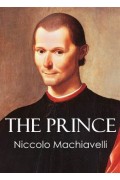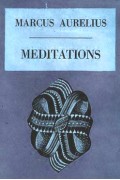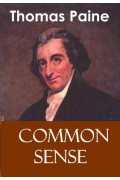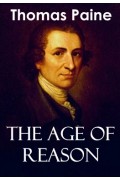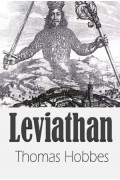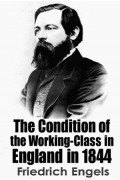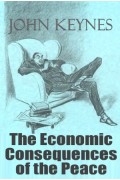Political Science audiobooks
The Prince
by Niccolo MachiavelliThe Prince is a political treatise written by Niccolo Machiavelli which provides guidelines for kingdom and rulers on various aspects of governance pointing out the good and bad. Though this work was manuscript-ed by the author, it was published almost after five years after his death...
Meditations
by Marcus AureliusDuring his decade old campaign in the battle field the Roman emperor Marcus Aurelius, was in need to motivate himself and continue the winning spirit. He started to write Meditations which are a series of philosophical notes for enlightenment to discover himself...
Common Sense
by Thomas PaineThomas Paine's pamphlet Common Sense ignited the thriving for independence of Thirteen colonies from Great Britain. Written in a simple language about the need for independence, it was read aloud in public places where people gathered. While the British army was surrounded by American Troops at Boston, Washington has read this pamphlet to all his t..
The Age of Reason
by Thomas PaineThe Age of Reason, a philosophical work by Thomas Paine which challenges the Christianity and Bible texts. Though this topics are known to be discussed by educated elites, Paine's writing was so simple which can be understood by any one. Written in three parts which spanned across more than a decade from 1794 to 1807. Part 1 attacks the concept of ..
Leviathan
by Thomas HobbesLeviathan is a political philosophical work by English philosopher Thomas Hobbes. Similar to Machiavelli's The Prince, this non-fiction work recommends a framework for good governance. The war of all against all would be the evil of the society, which can be prevented only by an undivided central government. This work has been divided into two volu..
On War
by Carl von ClausewitzOn War is a classic work on military strategy by Carl von Clausewitz, a veteran of the Napoleonic Wars. The author's style is dialectical: he makes two strong but opposing statements and then draws them together to describe many facets of war. Free of technical jargon, and suitable for modern readers...
The Condition of the Working-Class in England in 1844
by Friedrich EngelsFriedrich Engels statistically supported essay The Condition of the Working-Class in England in 1844 breaks the popular belief of Industrial revolution of the Victorian England. Engels argues that the Industrial revolution is no way improved the life of labors and in fact worse than the pre-industrial era and other countries peers. The author's arg..
The Economic Consequences of the Peace
by John Maynard KeynesThe Economic Consequences of the Peace written by British economist John Maynard Keynes put a strong argument that the Peace Treaties Versailles was too harsh and unfair against Germany, which was primarily focused on war debts rather on economic recovery and would produce only counter results and ruin Europe. Keynes's helped to consolidate the sim..

